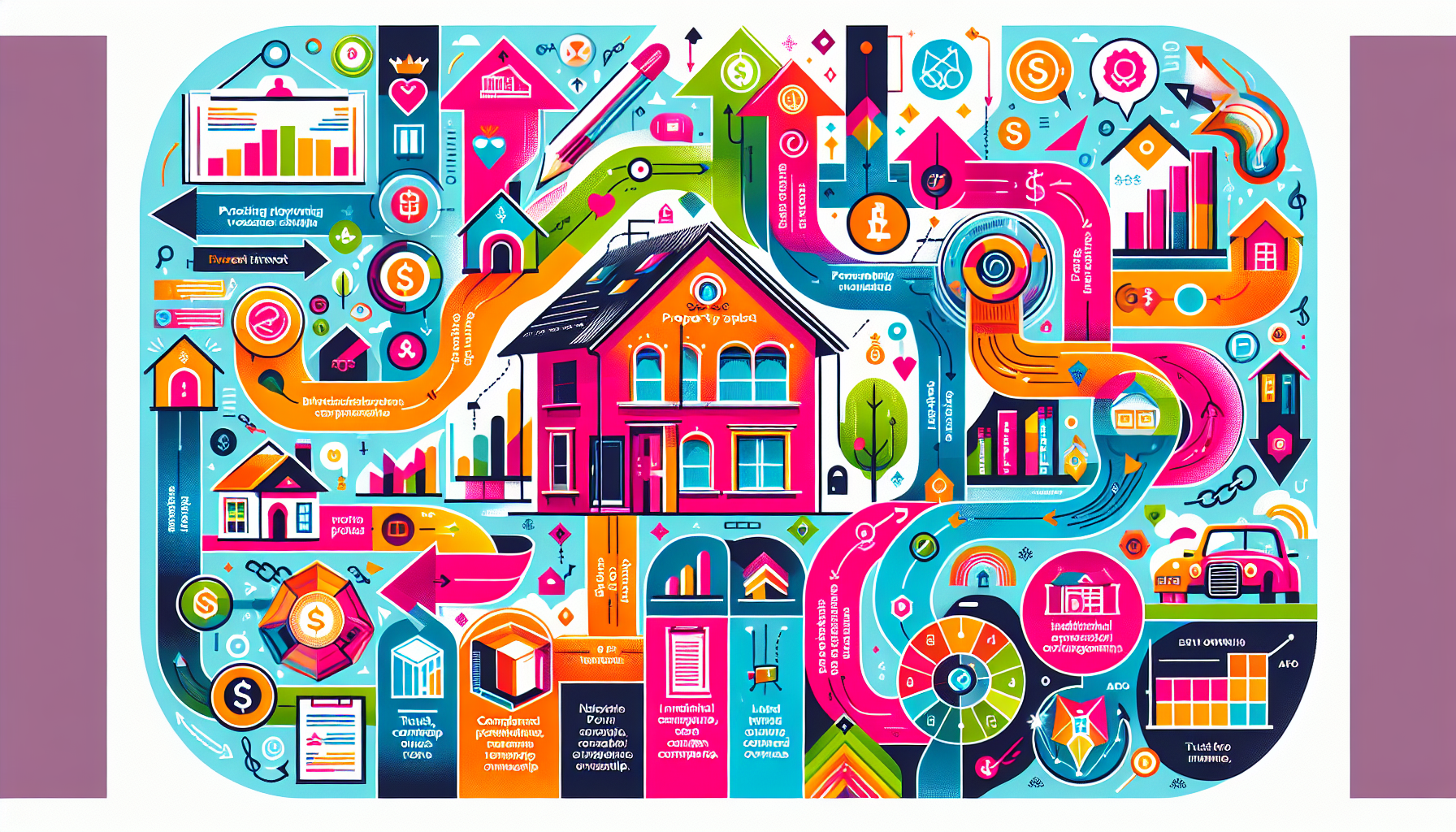What is a personal loan?
When you need to borrow money for personal needs such as going on holiday, buying a car, money for a wedding etc. There are many acceptable purposes for personal loans that are provided by banks or lenders that specialise in personal loans.
Personal loans usually have a loan term of between 1 to 7 years, depending on the amount of the loan and the purpose.
You will be charged interest and fees when taking out a personal loan.
There are lending criteria that you need to meet when applying for a personal loans which will look at your income, expenses, your credit score and the purpose of the loan.
Should I get a fixed or variable personal loan?
A fixed personal loan means the interest rate is fixed and does not change during the loan term. You will have a set minimum weekly, fortnightly or monthly repayment which includes paying back the principle and interest of the loan.
A variable personal loan means the interest rate can change during the loan term which can go up or down and your minimum repayment will change accordingly.
Most personal loans are fixed however if a variable personal loan is more suitable, this option is available.
Secured and unsecured personal loans
A secured personal loan means the loan is secured by an asset. This is most common with personal loans to purchase a car, boat, caravan, jet ski etc. A secured personal loan reduces the amount of risk to the bank or lender so the interest rate may be lower than an unsecured loan. This is because the bank can repossess the asset if you are no longer able to meet your repayments.
An unsecured personal loans is where there is no asset or security. This is most common with personal loans for holidays, a wedding or any other purpose that doesn’t involve the purchase of an asset.
How to compare different personal loans?
When comparing different personal loan products, it’s important you understand all the details so you are comparing apple to apple.
Interest rate: the amount of interest you will pay for the loan
Application fee: the amount of upfront fees you will pay for the loan
Account fee: the ongoing monthly fee you pay to maintain the loan
Missed payment fee: what is the penalty if you miss a regular payment
Loan term: how long you will have the loan for which will determine your minimum monthly repayment
Early repayment penalities: are there any penalties if you repay your loan earlire than scheduled
A handy way to work out which personal loan is most economical for you is by comparing the total amount of repayments to work out the difference. Ultimately, the option with the lowest total repayments over the term of the loan will be the one that’s the cheapest.
What should I look out for?
Understand the fees
Becareful with focusing on the interest rate of the loan. Some providers advertise a very low rate however they will have higher upfront application and monthly account fees which can be deceiving.
Never miss a repayment
Make sure you never miss a repayment on your personal loan as this can negatively affect your credit score which may make things harder when you’re applying for another loan in the future, such as a home loan.




